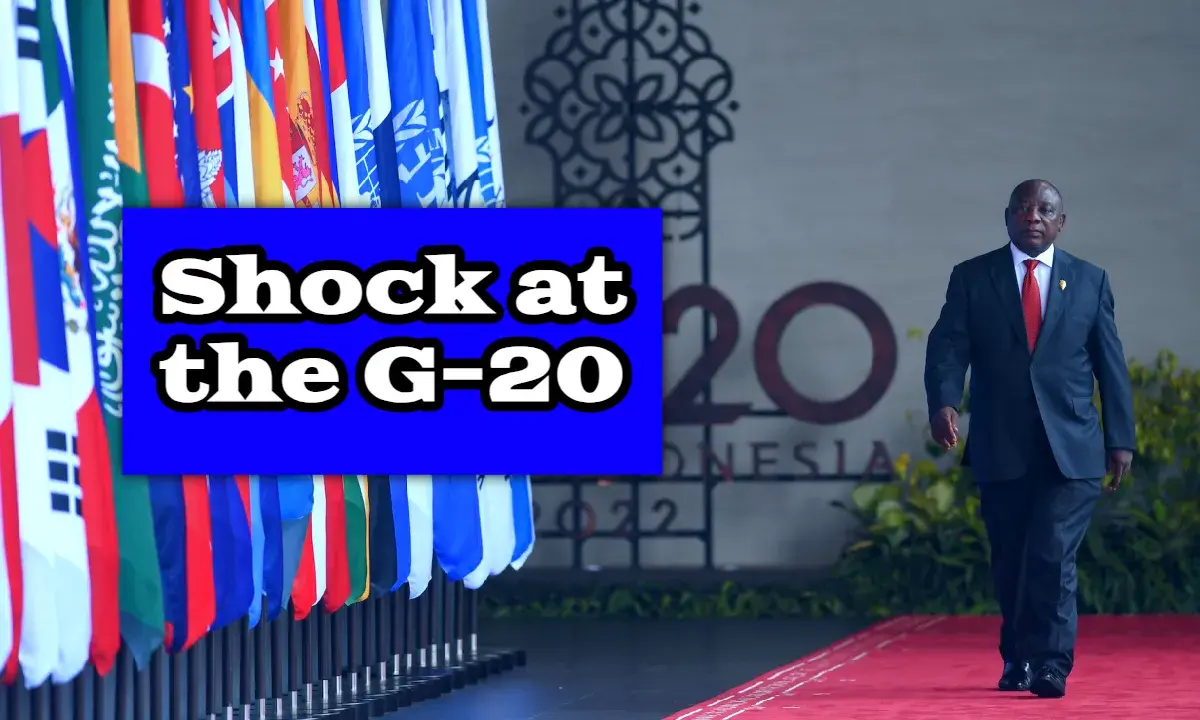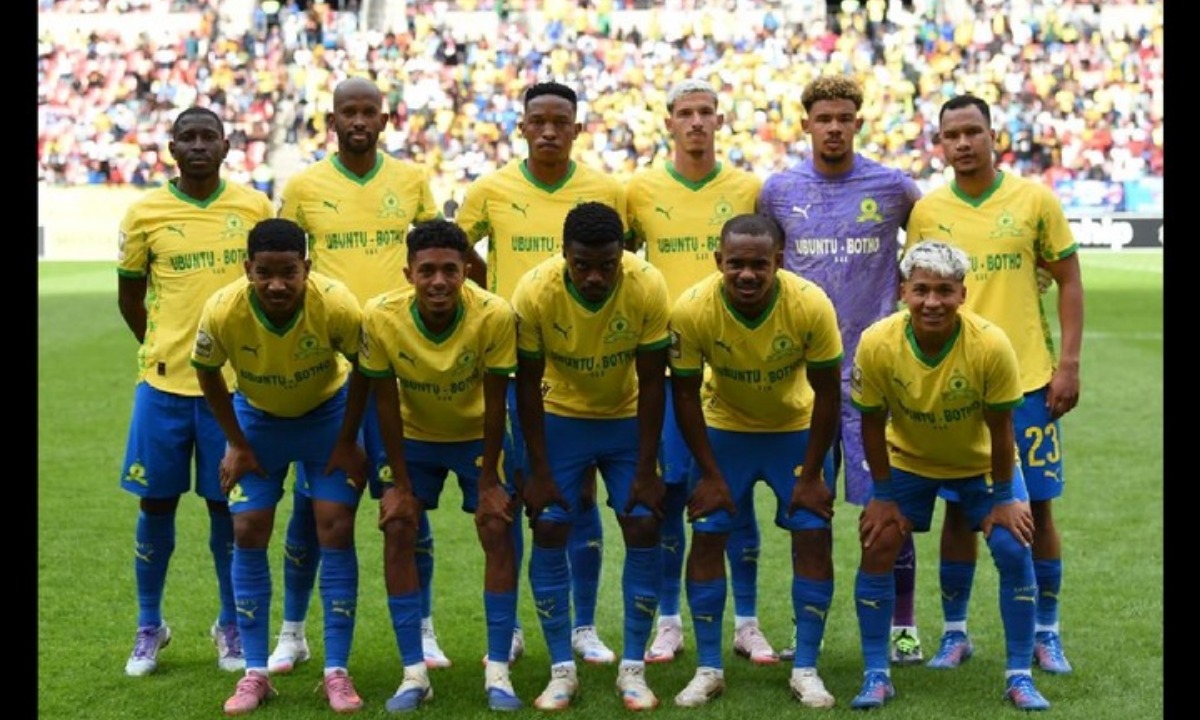Johannesburg – Financial circles were abuzz this weekend following an unexpected diplomatic twist: billionaire hedge fund manager and influential global investor, Jason Bessent, noticeably skipped the recent G-20 summit in Tokyo—despite prior confirmation of his attendance and expectations of a keynote address.

While the G-20 summit is traditionally a stage for world leaders and economic power players to shape international financial strategy, Bessent’s absence did more than just raise eyebrows. It sent a subtle but clear message—particularly to emerging markets like South Africa.
A Strategic Snub?
Sources close to Bessent’s team suggested that his decision to forgo the summit was “deliberate and strategic,” hinting at frustration over how the G-20 has handled developing market representation and investment conditions. Notably, South Africa—currently navigating a shaky post-election recovery and persistent energy instability—was one of the nations reportedly referenced in Bessent’s behind-the-scenes criticisms of the summit’s agenda.
“Bessent has invested heavily in infrastructure and energy in select African markets. If he’s losing faith in multilateral institutions to support reform in countries like South Africa, that’s a red flag for other investors,” said Linda Mkhize, a Johannesburg-based economist.
Ripple Effects at Home
Bessent’s absence comes at a sensitive time for South Africa. The coalition government formed after the May 2025 elections is still finding its footing, and foreign investment remains a lifeline for many key sectors, especially energy and mining. With Bessent being a vocal supporter of energy privatization and economic liberalization, his disengagement could signal cooling sentiment toward South Africa’s economic trajectory.
“If this is indeed a snub, it’s not just symbolic. It could foreshadow a pullback in capital flows—especially at a time when we’re trying to regain investor confidence,” noted Sipho Dlamini, policy advisor at the South African Reserve Bank.
What’s Next?
While Pretoria has not issued an official response to the incident, insiders suggest that talks are already underway to re-engage Bessent’s Circle Capital firm through bilateral channels. Still, analysts warn that the government must do more than damage control.
“This is a wake-up call,” said Mkhize. “South Africa can’t rely on symbolic participation in global forums. We need real reforms that make us attractive to serious investors again.”
As global attention shifts to the next BRICS summit in Cape Town this September, all eyes will be on whether Bessent’s absence becomes a turning point—or just another warning sign ignored.





